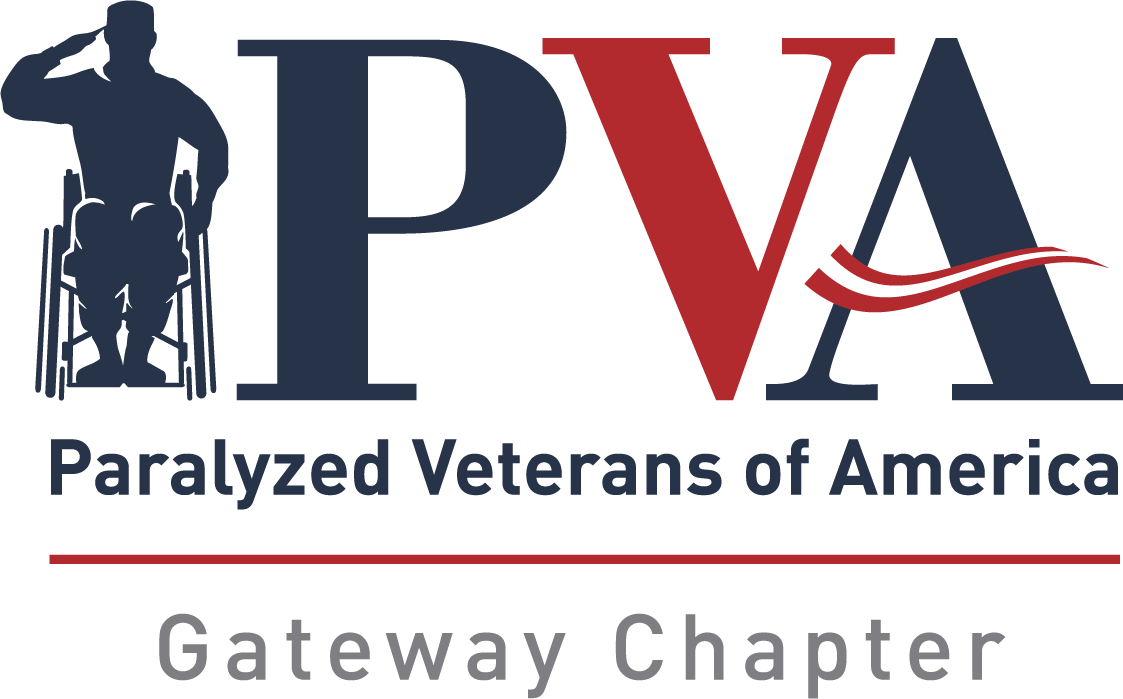I am approached from time to time with questions from veterans and family members on how they can be followed by Spinal Cord Injury Services for their care.
To qualify for care through VA's Spinal Cord Injuries and Disorders System of Care you will need to fit VA's parameters for this condition. If you don't qualify for Care through VA's Spinal Cord Injuries and Disorders System of Care, you can still get excellent care through other VA health care services. The policy governing spinal cord injury and disorder care in VA is explained in VHA Handbook 1176.01.
We serve the following population:
1. VHA's SCI/D System of Care provides a full range of care for all enrolled Veterans who have sustained a spinal cord injury or have a stable neurologic impairment of the spinal cord. This includes:
a. All traumatic spinal cord injuries due to such events as motor vehicle accidents, falls, and acts of violence; and
b. Atraumatic, non-progressive etiologies of spinal cord disorders.
2. The following principles and conditions describe the population served.
a. The neurologic condition is stable (i.e., not progressive or deteriorating over time).
b. The primary problem is related to a spinal cord disorder as opposed to brain or peripheral nerve disorder.
c. The resultant sequelae are clinically and functionally significant, thereby resulting in impairments of mobility, activities of daily living, and/or visceral function (e.g., neurogenic bladder, neurogenic bowel).
d. Any level of the spinal cord, conus medullaris, or cauda equina is involved.
3. Illustrative examples of the population served are Veterans who have:
a. Benign spinal cord or vertebral column neoplasms that result in significant spinal cord dysfunction.
b. Multiple sclerosis with evidence of primary spinal cord involvement and minimal cognitive, swallowing, movement disorders, and/or visual impairments (which are typically best addressed by the Neurology and Rehabilitation Medicine Services).
c. Myelopathy secondary to herniated nucleus pulposus, spinal stenosis, or other vertebral column degenerative changes if sequelae include significant mobility, activities of daily living, and visceral autonomic deficits (e.g., neurogenic bladder).
d. Arterio-venous malformation that results in myelopathy.
e. Epidural abscess that results in spinal cord dysfunction.
f. Any other vascular, inflammatory, or infectious etiology that results in significant myelopathy.
Exceptions and Qualifiers to SCI/D Population Served
Although the clinical presentation may be similar in appearance to an SCI/D, Veterans with the following pathologic entities are not routinely admitted to SCI Centers:
1. Quadriparesis or paraparesis due to intracranial or peripheral nerve disorders.
2. Conversion disorder and/or hysteria manifested as paraplegia or tetraplegia.
3. Multiple sclerosis that is progressive, in active relapse, and/or with extensive cognitive, swallowing, and visual impairments. NOTE: The delivery of services for Veterans with multiple sclerosis is the primary responsibility of the National Director of Neurology and shared by the Neurology, Rehabilitation Medicine, Primary Care, and SCI Services.
4. Veterans with diagnoses that do not affect the spinal cord.
If you have questions about treatment at a VA SCI Injury Center please contact your local PVA National Service Office.
